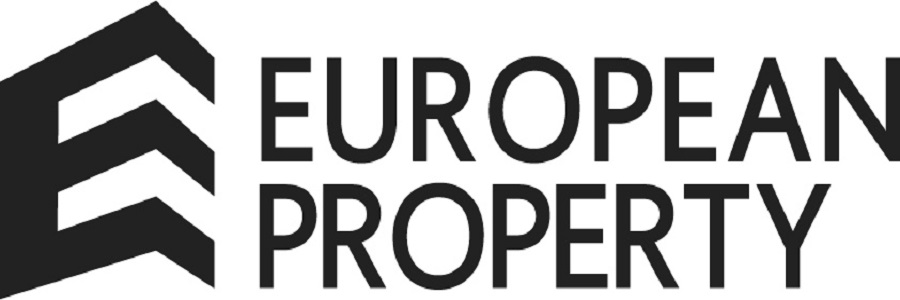Your holiday home in the sun could get you a lot more than a suntan and a few phrases of the local language. But if you’re interested in renting out your holiday home, you’ll need to make sure you’re up to date with the latest laws and regulations. Here’s some must-know information for the Brits’ top two holiday destinations to make sure your investments are safe.
Spain
Spain is now the leading choice for Brits looking to buy a property abroad, taking over our traditionally popular channel neighbour France. There’s been a lot of talk lately about Spain’s government clamping down on holiday homeowners undercutting hotels and taking money away from the tourism sector. However, the holiday rental licence law doesn’t ban private holiday rentals. The main motivator of the scheme is to enforce more rigid laws on declaring your earnings as there is an estimated 3€ billion in undeclared revenues on holiday rentals each year.
In order to get the license you’ll need to pay a fee which varies from around 150-500€, depending on the location. This is a one-off payment and you’ll find you could be making this per week in the peak summer period. You’ll also need to make sure the property is insured against public liability and, again, make sure you correctly declare your earnings for due tax. Look here to make sure you have all the information you need on getting covered.
France
While Spain tops the charts for Brits looking abroad, France is still the leader of world tourism rankings with an estimated eighty-five million tourist visitors last year alone. This makes it the ideal choice for those looking to rent their properties. However, because of the amount of competition in France, tourists can afford to have high standards. A good Wi-Fi connection, a cable TV subscription, and often a swimming pool are expected so you can expect about 30% of your rental earnings to go on caretaking expenses.
Fortunately, you’ll find the rental income tax is surprisingly low. In 2012 there was lot of confusion among UK holiday home owners that they would have to pay tax twice because of a double taxation agreement. This isn’t the case, though, and the tax system actually works out similar to how it would in Spain, where there is also an agreement between the two countries.
You will have to declare your earnings and file tax returns in both countries, but the tax you pay in France will be deducted from what you pay in the UK. In Spain, the situation is reversed and the tax you pay in the UK will be deducted from what you owe in Spain.
Whether intentional or not, breaking the law is breaking the law. Remember, renting your holiday home is supposed to be an extra money maker for you so you don’t want to see any earnings lessened by an unnecessary fine.




